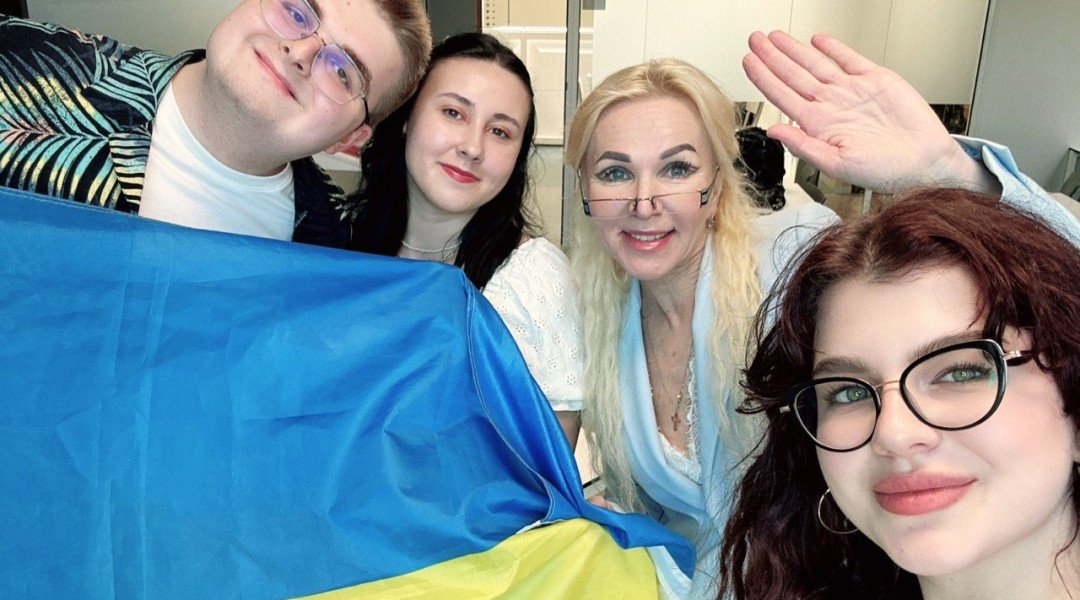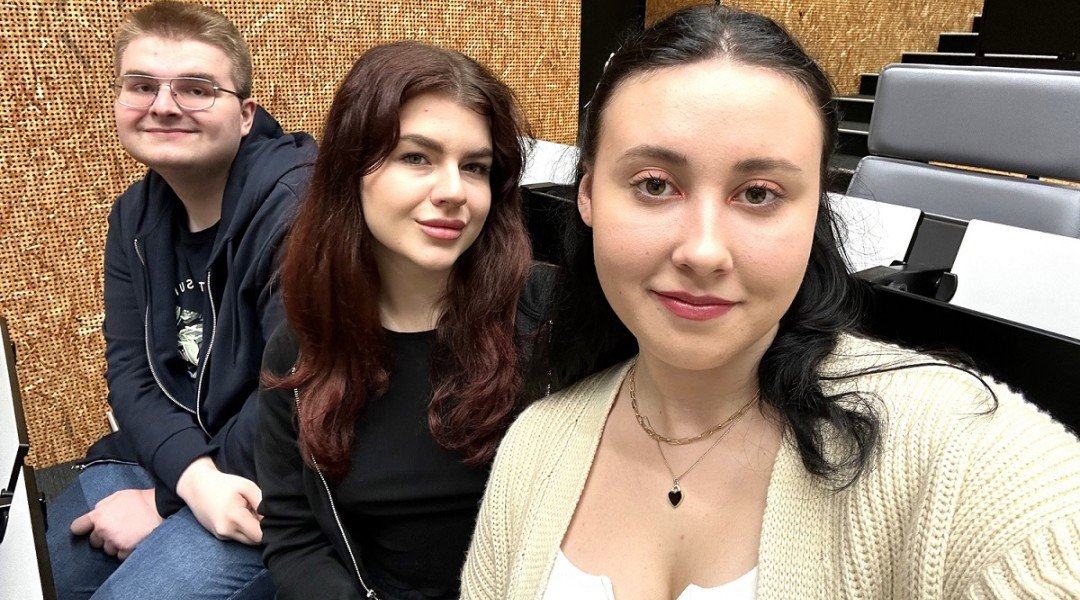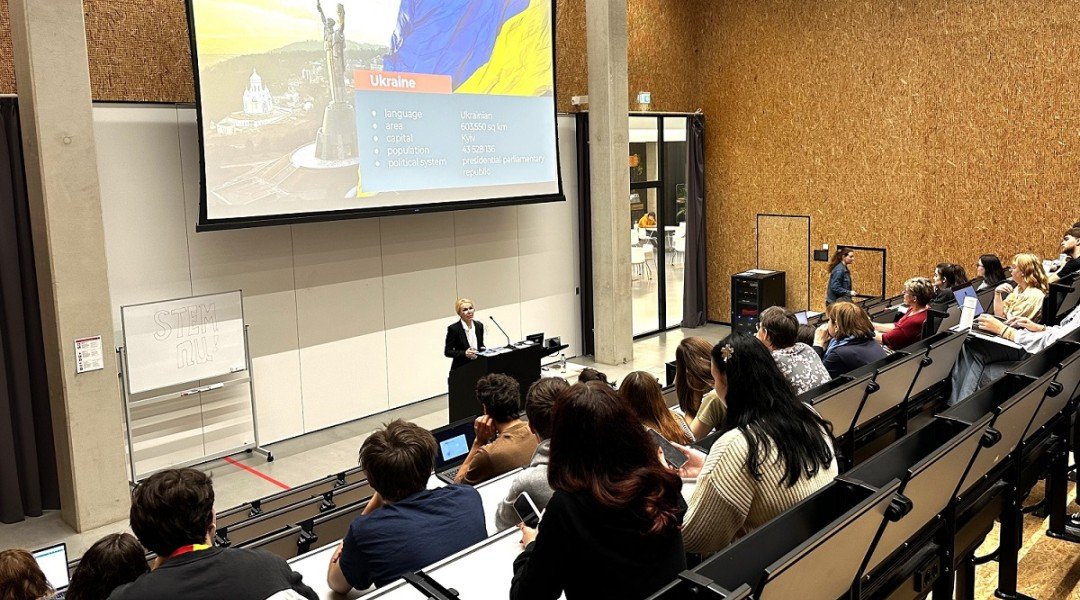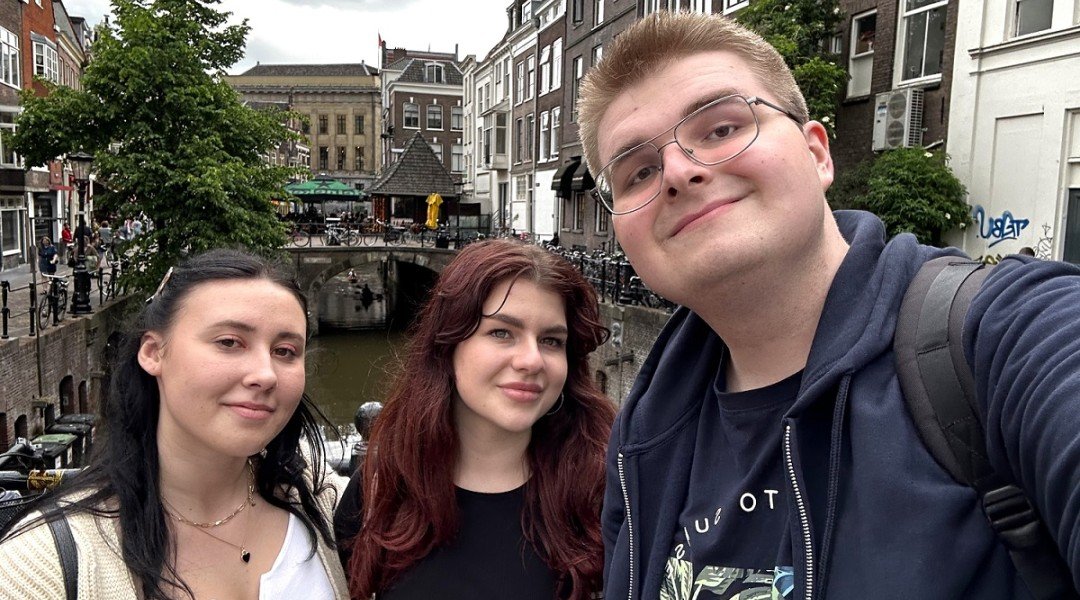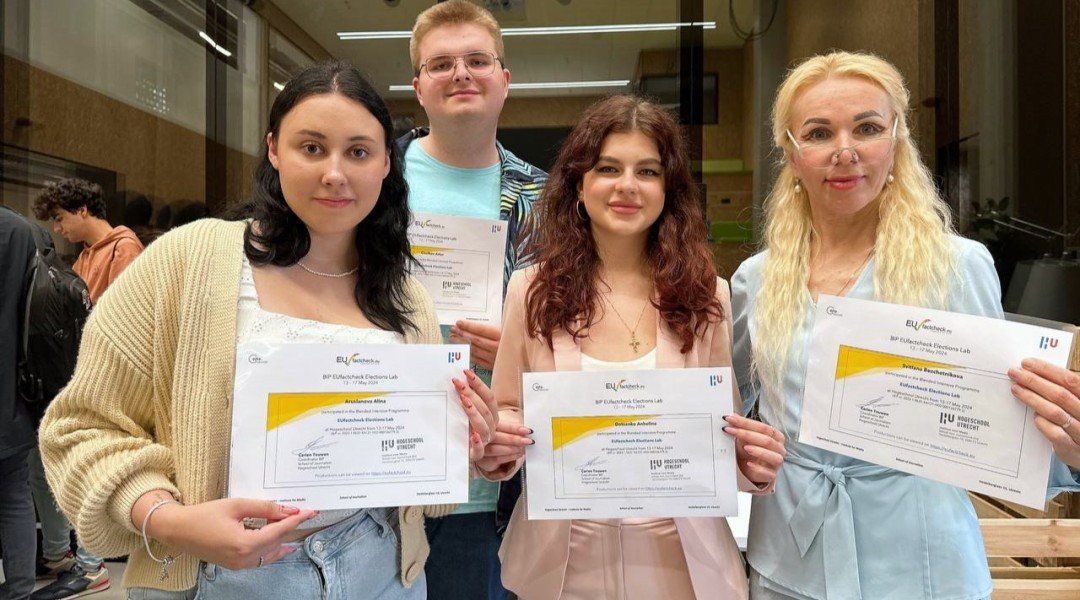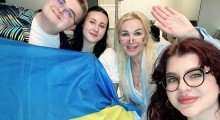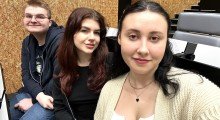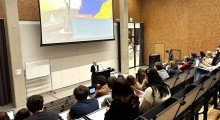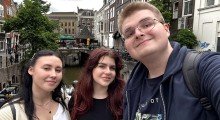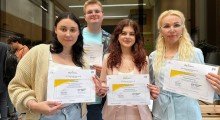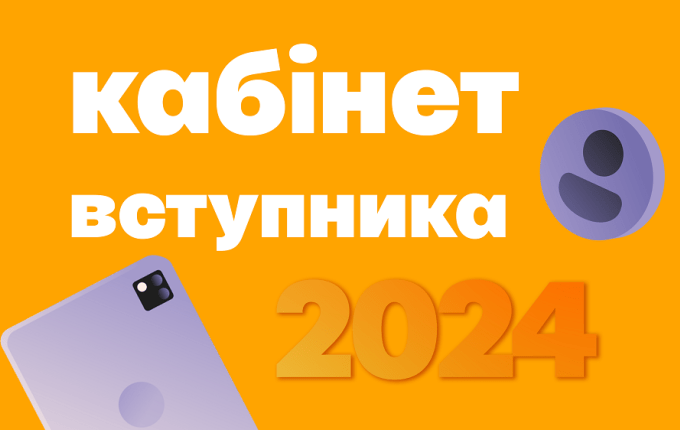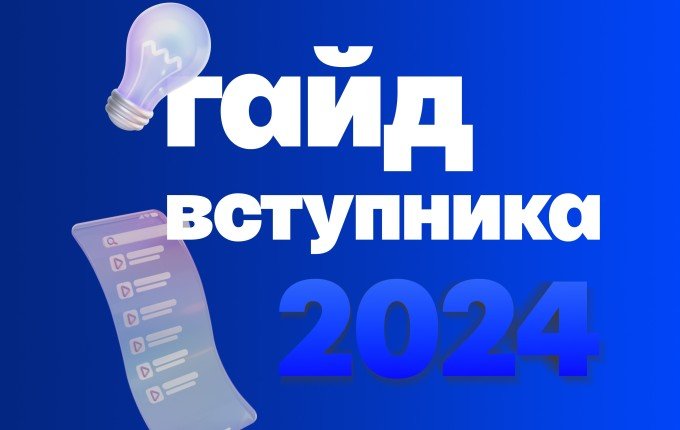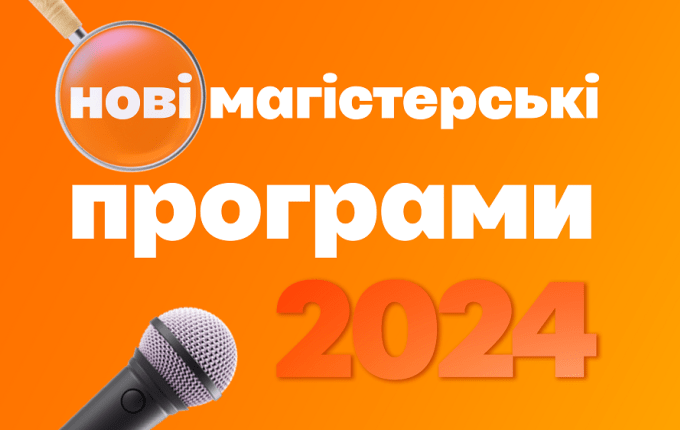MSU Students-journalists debunked fakes in the European media
Owing to Mariupol State University's membership in the European Journalists' Training Association (EJTA), future media professionals were included in the EUfactchek fact-checking project.
To develop information skills, a week of EUfactcheck Elections Lab fact-checking took place at the Utrecht University of Applied Sciences (Netherlands). Students of the educational program «Journalism and Social Communication» Alina Aruslanova, Angelina Dotsenko, and Artur Chulkov took advantage of the opportunity to participate under the guidance of Svitlana Bezchotnikova, professor of the social communications department.
The week of fact-checking began with the important knowledge acquisition in the chosen field. During the lectures, the students learned how to highlight complex climate issues for a young audience, to make information accurate and truthful, and in particular ways to refute fakes, including the concept of a "truth sandwich." At the workshop on data research, future media professionals were shown methods of working with large volumes of information and learned how to use the European open database of statistical data.
One of the lectures was given by Mariupol University professor, Svitlana Bezchotnikova. She told students about checking information in wartime, based on specific cases of Ukrainian fact-checking organizations such as StopFake and VoxCheck. This lecture made it possible for foreigners to learn more about the situation in Ukraine and how journalists of an unconquered country worked. After the lecture, Ukrainian host, chairman of the board of "Public Radio" Andriy Kulikov, went online to communicate with young people.
An important part of the fact-checking week was the study of media materials related to the 2024 European Parliament elections in international groups. Coaches helped students work on projects, namely, they provided advice on fact-checking.
The team, which included Alina Aruslanova, studied the speech of a Spanish politician who called Barcelona the most criminal city in Spain due to the increase in migrants in the country. Based on the work results, the team concluded that the politician's speech distorted the real facts.
Another team, in which Artur Chulkov worked, studied the statement made by the German party on the Instagram page. It stated that Germany, even though it was the largest taxpayer before the EU, is poorer compared to most of the EU member states. The team's fact-checking showed that the party's statement was mostly false, and the general statement was based on inaccurate information.
The topic with which Angelina Dotsenko's team worked was also related to migrants, this time in Germany. The youth reviewed the statement of a German politician who said in an interview that each second migrant arriving in Germany has no right to protection at all although can receive social benefits. Her statement turned out to be false.
In addition to learning and practical application of knowledge, the participants of the fact-checking week socialized with each other in a relaxed atmosphere during joint multicultural evenings, walked around the city with a rich history, in addition students from Mariupol University made a trip to Amsterdam to see the capital of the Netherlands.
